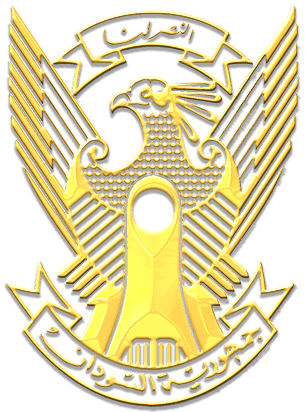Constitution and Formation
The SMC was constituted The SMC is formed by a Ministerial decree on recommendation of the authorized Minister of a president, Vice-President, and widely representative notable and competent members of the profession. Membership in SMC is for four years renewable. The numbers increased from 18 in 1968 to 25 in 1983 and 33 in 2004.
The SMC was constituted as provided for by the Sudan Medical Council Act 1955 as an independent, autonomous body. But did not resume duties until 18 July 1968. The SMC is responsible to the council of ministers through its president or deputy president for the execution of its duties and performing its functions. The current SMC act has evolved through several amendments: the 1973 act, the 1986 act, the 1993 act, and the extant (1993 act as amended for 2004). Due to the least amendments, the SMC is responsible for the supervision of all medical and health institutions and facilities in the country, and in conjunction with the ministry of higher education for approving the establishment of new medical, dental and pharmacy schools. The SMC act empowers the SMC to make regulations, order and bylaws to enable it to enforce the provisions of this act.
Since its inception, the SMC has been presided over by ten medical practitioners. Almost all senior medical practitioners, pharmacists and dentists in Sudan are involved in its activities.
Role
The purpose of the SMC in exercising its functions is to protect, promote and maintain the health and safety of the public by ensuring proper standards in the practice, dentistry and pharmacy by laying down a sound code of conduct and disciplinary measures.
Duties
The law gives the SMC the following function under the Sudan Medical Council Act:
- Keeping up-to-date register of qualified medical practitioners, pharmacists and dentists.
- Fostering good medical practice.
- Promoting high standards of medical education.
- Establishing code of conduct and dealing firmly and fairly with medical practitioners, dentists, and pharmacists whose fitness to practice is in doubt.
- Establishing, publishing and maintaining the Sudan National Formulary.
- Supervising all medical and health institutions in the Sudan.
- Approving (with Ministry of higher Education) the establishment of new medical, dental and pharmacy schools.
Partnerships
SMC works through partnerships with state and executive authorities and in collaboration with the health sector (Ministries of Health, Sudan National Specialization Board, Federal Pharmacy and Poisons Board, etc). It also works closely with related international agencies including WHO. The SMC also established good working channels with the media.
Currently, the SMC is a member of the International Association of Medical Councils, and has viable working links with similar councils in UK, Ireland, KSA and Pakistan.
